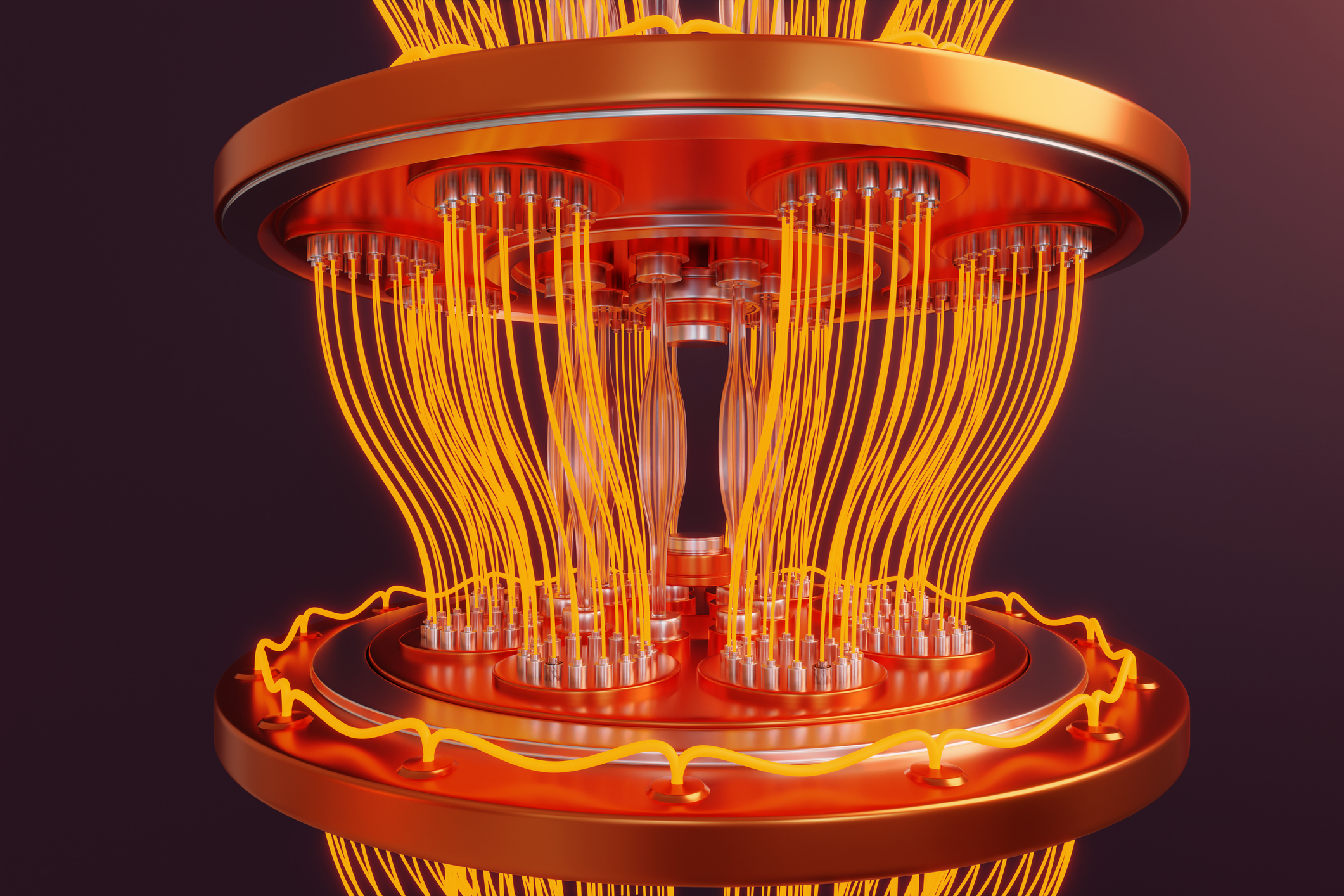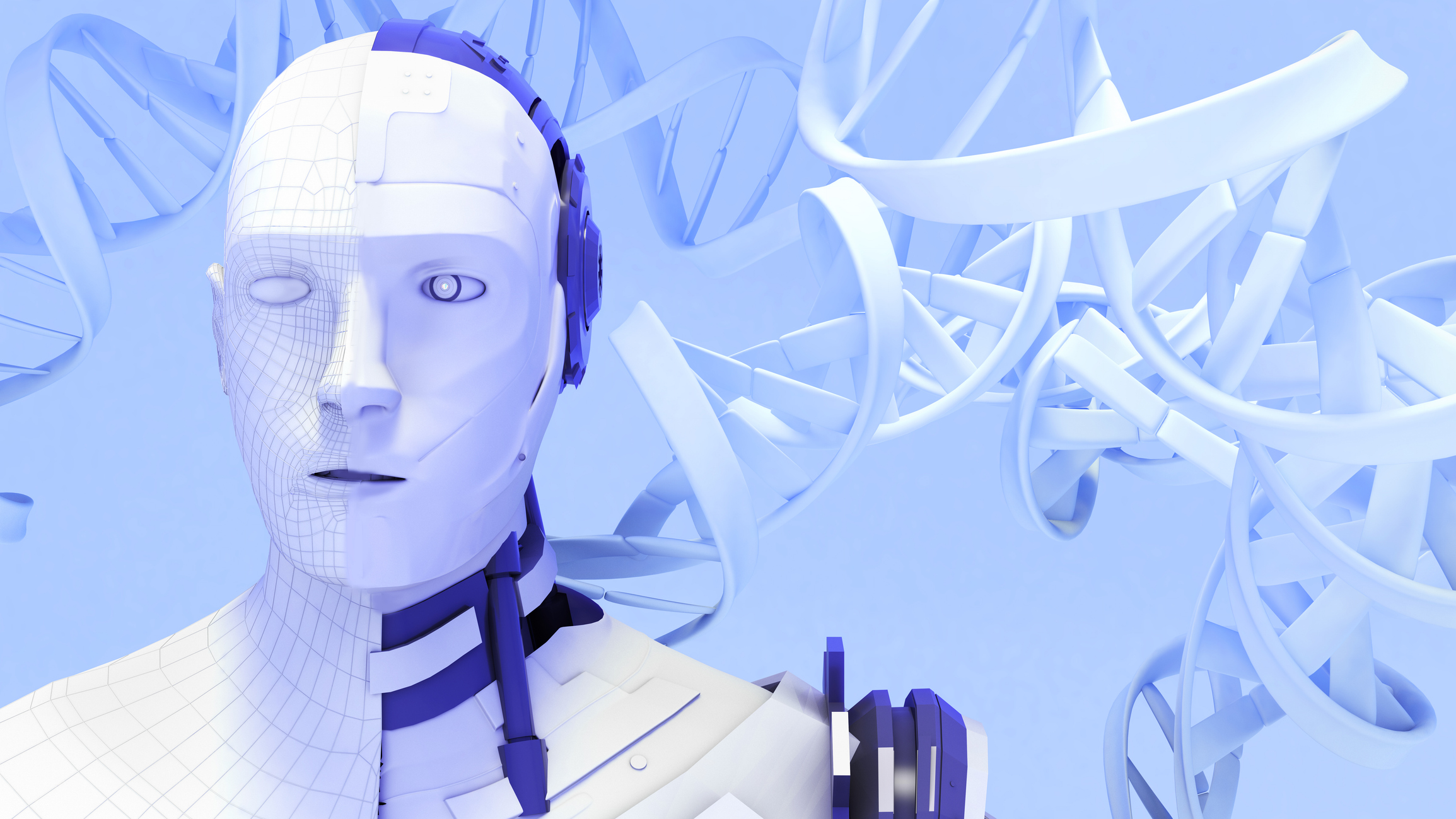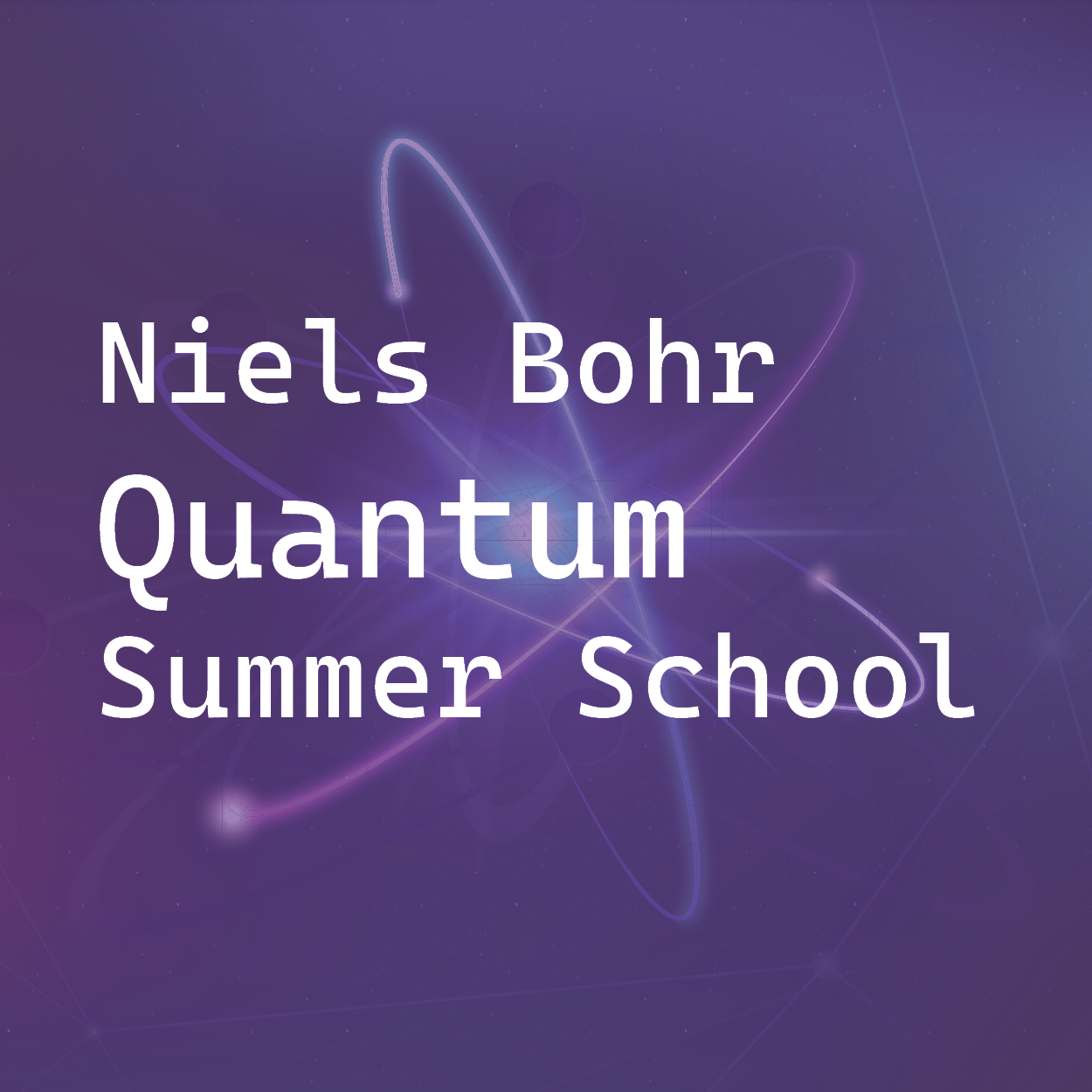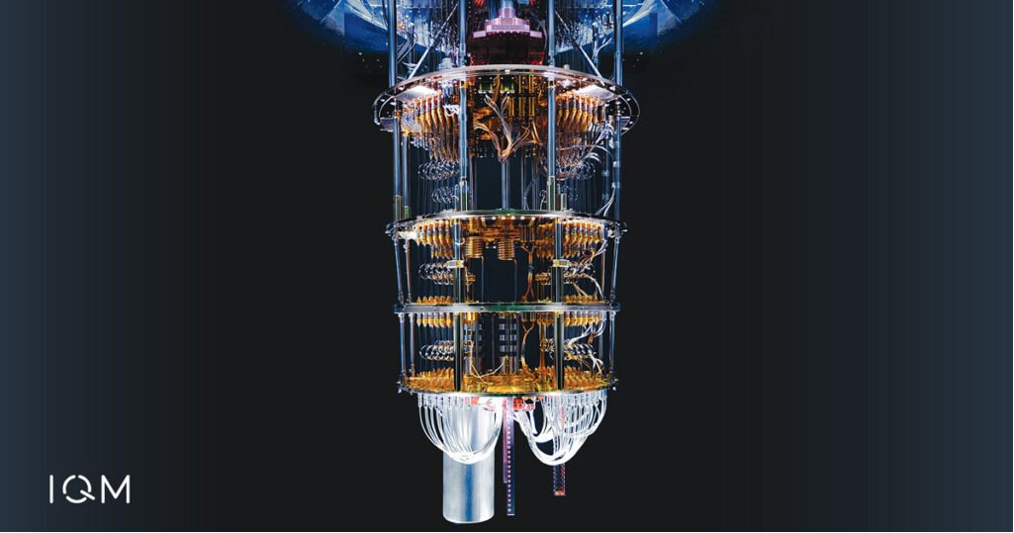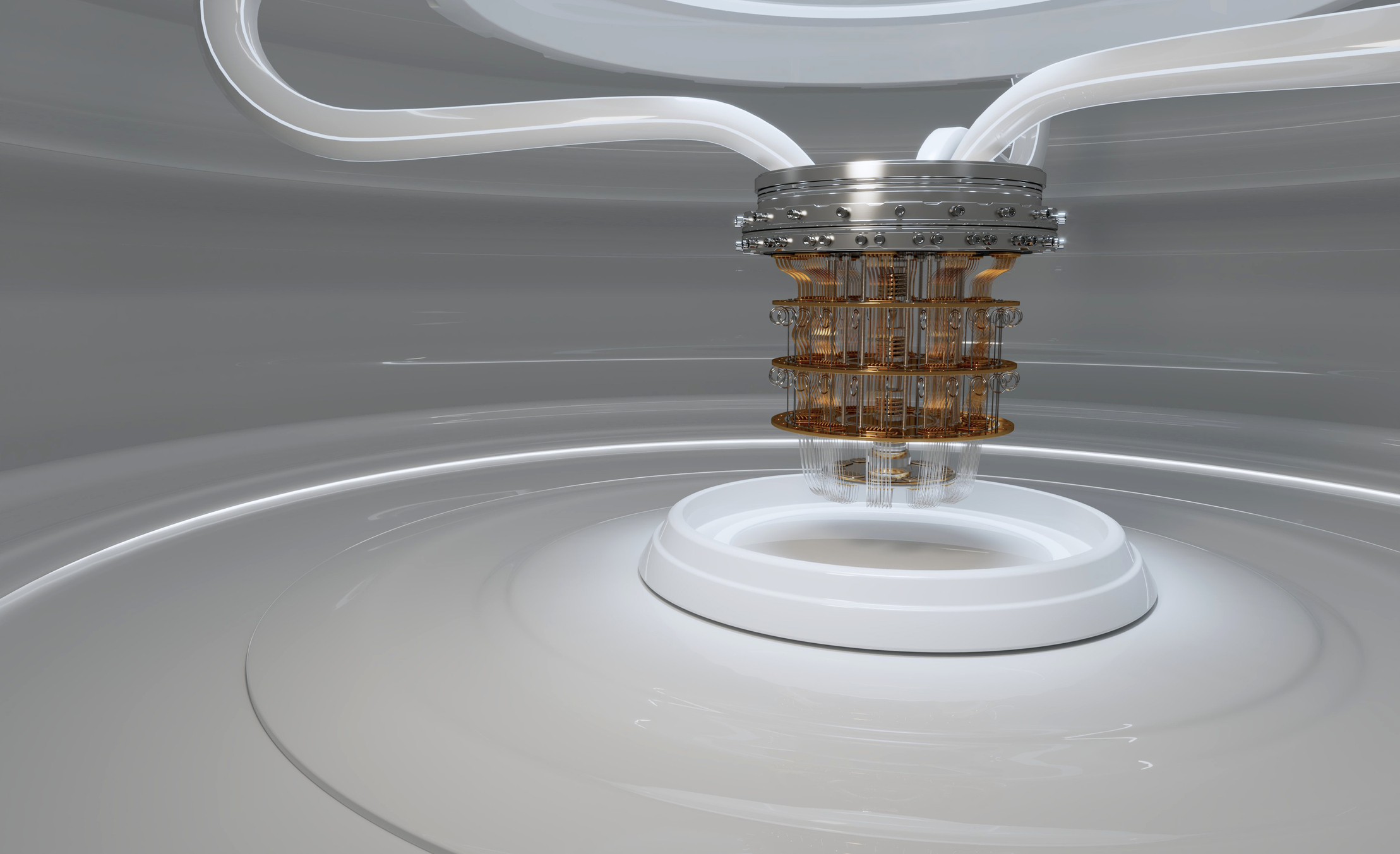
With quantum communication, it is now possible to be completely sure if the communication line has been eavesdropped on. Therefore, various types of quantum-based signal transmission are gaining momentum, both commercially and as research projects, and DeiC supports this by participating in the European project EuroQCI (European Quantum Communications Infrastructure).
The idea in quantum communication is to transfer encrypted keys between sender and receiver over a secure line, which is secure because it can definitively determine if someone has eavesdropped. The clever part is that by sending light with special quantum states, one can see if the signal has been intercepted along the way because the quantum state is destroyed if someone has eavesdropped. Once secure keys have been transferred to the other end, they can be used to encrypt data, which is then transmitted via the usual networks.
The grand ambition is to create a cohesive infrastructure across Europe, utilizing both fiber cables and satellites. However, on the ground, with today's technology, these signals can only be sent 40-80 km in a dark fiber, where the signal is completely isolated. This means that for longer distances, secure repeater stations need to be established every 40-80 km, potentially costing as much as the entire Research Network. Therefore, the EuroQCI project has started by supporting an isolated project in a limited geography in each country. Subsequently, the plan is to connect these smaller islands across borders.
The Danish project is called QCI.dk and is led by Associate Professor Tobias Gehring from DTU Physics. In addition, DTU Photonics, SDU, AAU, KU, the Ministry of Business, the Ministry of Defence, the Ministry of Foreign Affairs, the Danish Agency for Science and Higher Education, Sparrow Quantum ApS, and of course DeiC are participating, with DeiC's role primarily being to establish and operate the necessary fiber stretches and possibly also host some of the repeater stations. The project will span approximately the next 2½ years, and it is also the ambition to proactively engage in getting one or more fiber owners involved in the project.
In particular, we at DeiC hope to investigate to what extent quantum signals can coexist in a fiber with other signals. If successful, it could potentially significantly reduce the cost of deploying quantum-encrypted networks.
For more information, please contact Martin Bech, Director, DeiC Forskningsnettet at martin.bech@deic.dk.

Associate Professor Ph.D. Tobias Gehring from DTU Physics leads the Danish part of the project.
